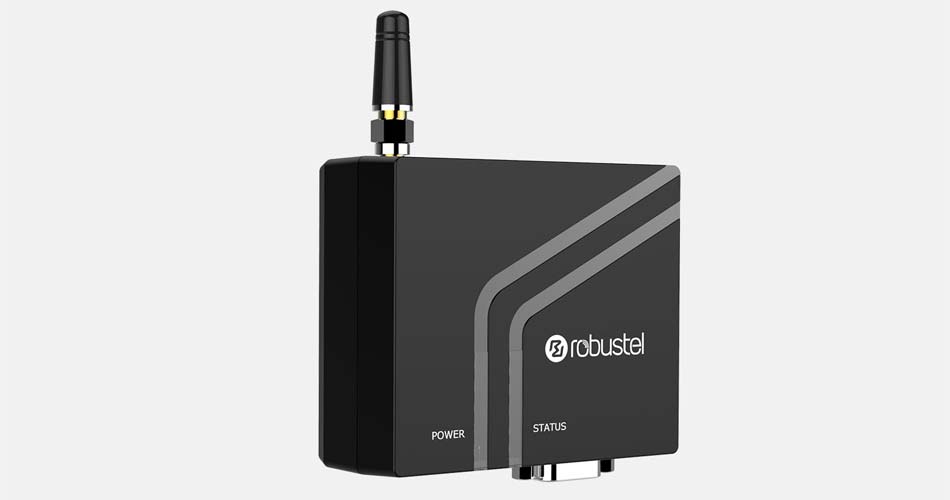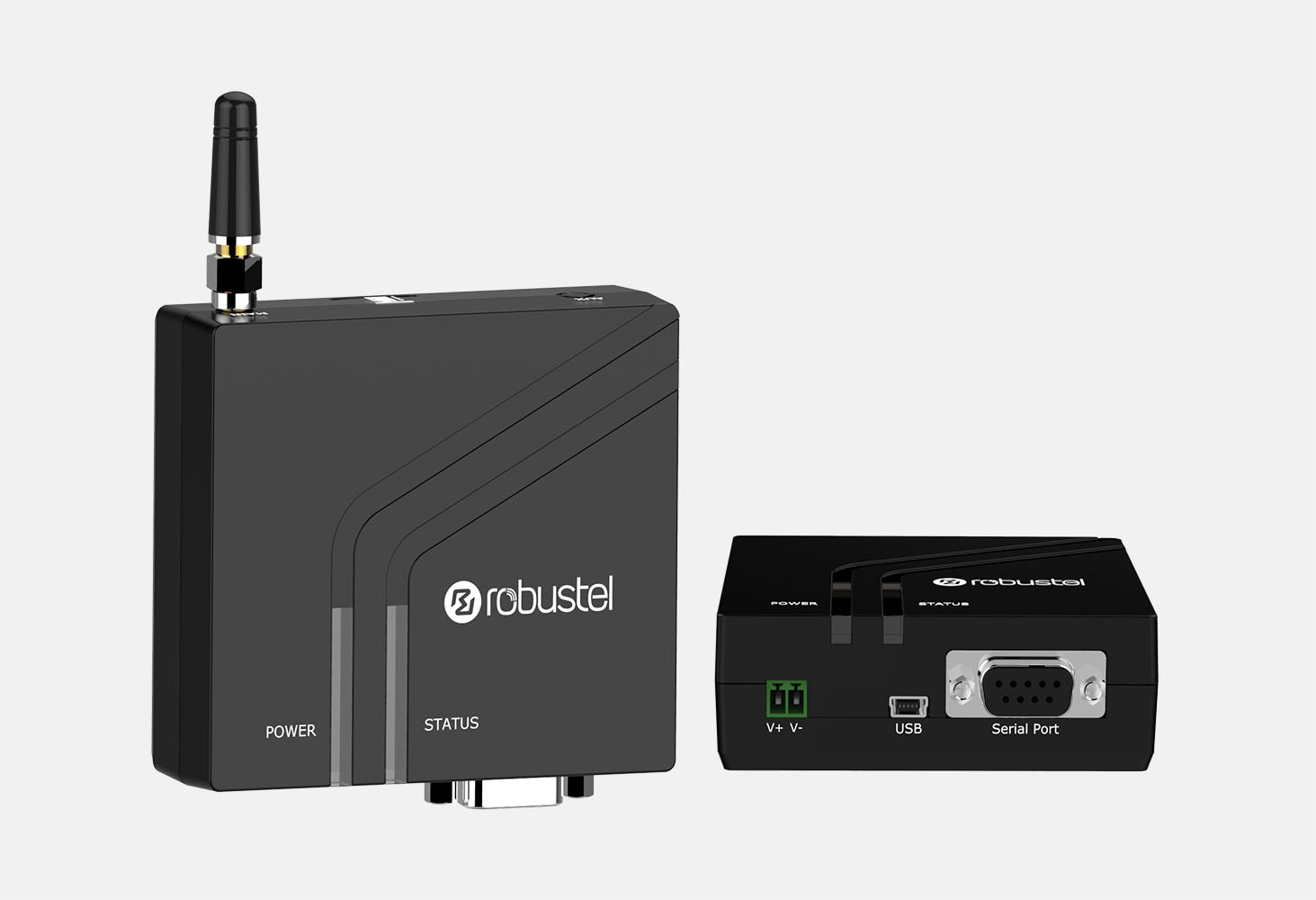Access to the internet has developed into a fundamental need in our today’s digitally connected communities. A solid internet connection is essential, whether one is using it for work, for recreation, or for monitoring critical infrastructure in remote areas
A cellular modem plays an essential role in connectivity. It step into the spotlight as the solution to the connection challenges faced by digitally connected communities.
In this article, let us further discover how cellular modems work, differences with cellular routers, the considerations when choosing the best cellular modems and their applications.
In this article, you’ll discover:
- What is a Cellular Modem?
- How Does It Work?
- Cellular Modem vs. Cellular Router: What Are the Differences?
- What Are the Considerations When Choosing a Cellular Modem for IoT?
- Applications of Cellular Modems
What is a Cellular Modem?
A cellular modem, alternatively referred to as a mobile broadband modem or wireless modem, serves as a device designed to facilitate internet connectivity via a cellular network. Diverging from conventional fixed-line connections or Wi-Fi setups, cellular modems harness the cellular infrastructure to transmit data.
This approach works well in areas without wired internet infrastructure.
Discover Robustel's latest cellular modems and unlock a new level of connectivity.
How Does It Work?
Fundamentally, a cellular modem operates as an intermediary link connecting your device (such as a computer or router) and the cellular network. Its primary role involves translating digital data originating from your device into a format that aligns with the cellular network's requirements, and conversely, converting incoming data from the network into a form your device can understand.
The modem coordinates this smooth translation process with cell tower communication, which makes it easier for data to be sent to and from the internet and, in the end, creates a continuous and reliable connection.
Cellular Modem vs. Cellular Router: What Are the Differences?
When it comes to the world of wireless connectivity, cellular modems and cellular routers are two separate technologies that each serve a unique function. To choose the best one for your needs, you must understand their distinctions.
Function and Purpose
Cellular Modem: A cellular modem's primary function is that of a data gateway; it gives a single piece of hardware or computer the ability to connect to the internet via a cellular network. It translates the data that is sent to and from the device and the cellular network in order to act as a bridge between the two.
Cellular Router: In contrast, a cellular router is meant to provide internet connectivity to various devices within a restricted region, much like a Wi-Fi router does. Cellular routers are comparable in function to wireless routers. It typically comes with additional features like the capacity to operate as a Wi-Fi hotspot, Ethernet ports for the establishment of wired connections, and advanced routing operations.
Device Connectivity
Cellular Modem: A point-to-point solution is what you get when you use a cellular modem because it only delivers connectivity to one device or computer at a time.
Cellular Router: A typical Wi-Fi router functions very similarly to a cellular router in that both are able to connect many devices to the internet within their respective coverage areas. Because of this, it is suited for circumstances in which several devices require connectivity to the internet.
Use Cases
Cellular Modem: Cellular modems are the best option for instances in which only one device needs internet connectivity through a cellular data connection. Cellular modems may be purchased at most major electronics retailers. Applications such as single-computer access, remote monitoring, or backup internet solutions frequently make use of them.
Cellular Router: Cellular routers are ideally suited for establishing local networks in locations that are inaccessible or mobile and require the connection of several devices at once. These are used in mobile offices, Internet of Things (IoT) deployments, and construction sites.
Additional Features
Cellular Modem: Cellular modems are often designed to offer a basic and uncomplicated method of gaining an internet connection for a single piece of hardware. They might have fewer extra features other than just the ability to connect to internet networks.
Cellular Router: Cellular routers typically come pre-configured with a variety of additional features, including Wi-Fi capabilities that allow users to create wireless networks, Ethernet connectors that allow users to make wired connections and advanced routing functions. You may use them in more places and for a number of purposes because of their attributes.
Your individual requirements for connectivity should serve as the primary consideration when choosing between a cellular modem and a cellular router.
Cellular modems are appropriate for use with a single device, whereas cellular routers are built for circumstances that call for connectivity to be provided to several devices within a constrained geographical area. Before picking a connectivity solution, you must understand these differences.
Discover more about Robustel’s industrial cellular routers.
What Are the Considerations When Choosing a Cellular Modem for IoT?
There are several factors to consider when choosing a cellular modem for IoT applications:
1. Volume of Data Over the Network
Think about how much information your Internet of Things devices will produce and send out. There is a wide variety of data plans available from cellular modems, so it is important to select one that is compatible with the amount of data you need.
2. Operating Environments
You may deploy the Internet of Things in various industries operating indoors or in outdoor environments. You should be sure that the cellular modem you purchase is robust and able to resist the climatic conditions it will come into contact with.
3. Power Options
It's possible that you'll require a cellular modem that can run on battery power or is energy-efficient depending on the Internet of Things application you're working on. When deploying in a distant or off-grid location, power concerns are of the utmost importance.
4. Number of Devices Connected
If your IoT project involves a number of different devices, you should evaluate the modem's capacity to manage several connections at the same time. There are differences in the degree to which certain modems handle concurrent connections.
Applications of Cellular Modems
Cellular modems are put to use in a large number of different scenarios, some of which include, but are not limited to, the following:
- IoT Connectivity. For remote monitoring and control of IoT devices and sensors, cellular modems are widely used. This is made possible by the fact that cellular modems can transmit data over long distances.
- Smart Agriculture/Farming: They play an essential part in the process of agricultural modernization by enabling connectivity to intelligent farming equipment and sensors that are positioned in off-the-beaten-path locations.
- Mobile Offices: Cellular modems offer a dependable internet connection that can be used by persons who work remotely or who are constantly on the move.
- Backup Connectivity: Cellular modems can provide businesses and homes with a secondary internet connection in the event that their primary network becomes unavailable.
- Emergency Response: Respondents to natural disasters and other emergencies make use of them to facilitate communication in the affected areas of the country.
Need a reliable cellular modem for your business? Contact us today. Don't settle for less when it comes to your business connectivity. Upgrade to a dependable cellular modem that keeps your operations running smoothly.



